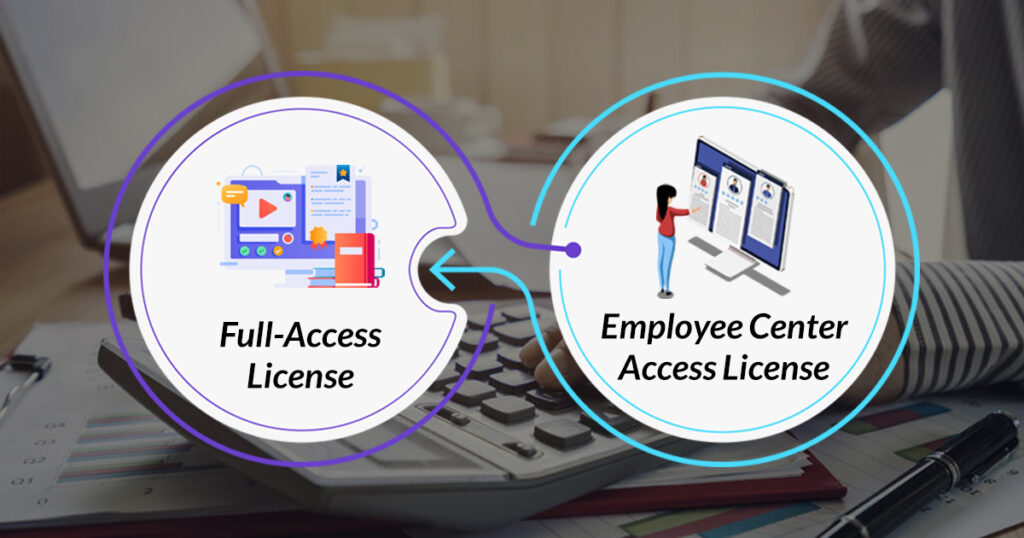
There are two different types of NetSuite licenses. One type is the Full-Access License, which gives every employee access to the system. It is recommended for employees who regularly process financial transactions. The other type is the Employee Center Access License, which is intended for use by all employees, regardless of their role. These two licenses are similar but differ in cost and functionality. The difference between these two types is that the Full-User License is reserved for employees performing financial transactions regularly and the Employee Center Access License is restricted to those employees who need to manage the application.
Among the two types of NetSuite licenses, the Full-User License allows users to access all aspects of the system. It is appropriate for CFOs and sales managers who need full access to all features. A Limited User License is appropriate for workers performing minor technical tasks. Both types of licenses come with industry-specific functionality and plugins. These tools make it easier to manage projects, inventory, and financial reporting.
The Employee Self-Service License lets users access the NetSuite platform and perform everyday tasks. The Full-User License grants access to all applications. It is also known as the “Full” license. This type of license is typically allocated to a functional team. It is the most popular license type and allows the user to access all features and functions. However, it is not necessary to use the Full-User license for every user in your organization.
The Client Restricted User is the most common NetSuite license. The Client Restricted User is limited to certain roles. It may be used by one person or two, depending on the needs of the organization. This type of license is more expensive than the Enterprise license, which allows for unlimited users. The Advanced User allows for unlimited access to all NetSuite modules. This license allows for unlimited access to the entire system.
The Client Restricted User is the most common type of NetSuite license. This license limits the user to certain areas of the application. The Client Restricted User is allowed to create and edit transaction records but cannot perform any other tasks. The client Restricted User is allowed to access only the “Approval” module and not the other way around. In contrast, the Enterprise User has full access to the entire system.
A Full-User license is a great choice for businesses with many employees. This type of license is designed for larger organizations. It can be used by many employees and costs less than a Full-User license. The Employee Self-Service license is for individuals who only need the software for specific tasks. It costs less than the Full-User license, and the benefits are similar. In the end, the types of NetSuite licenses are based on your requirements.
To Know more about NetSuite Training, feel free to reach us on:
Website: https://www.saturotech.com/
Email ID: marketing@saturotech.com
YouTube: https://www.youtube.com/channel/UC69yIWnRwPV04KydM64sXTw/videos